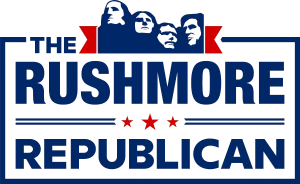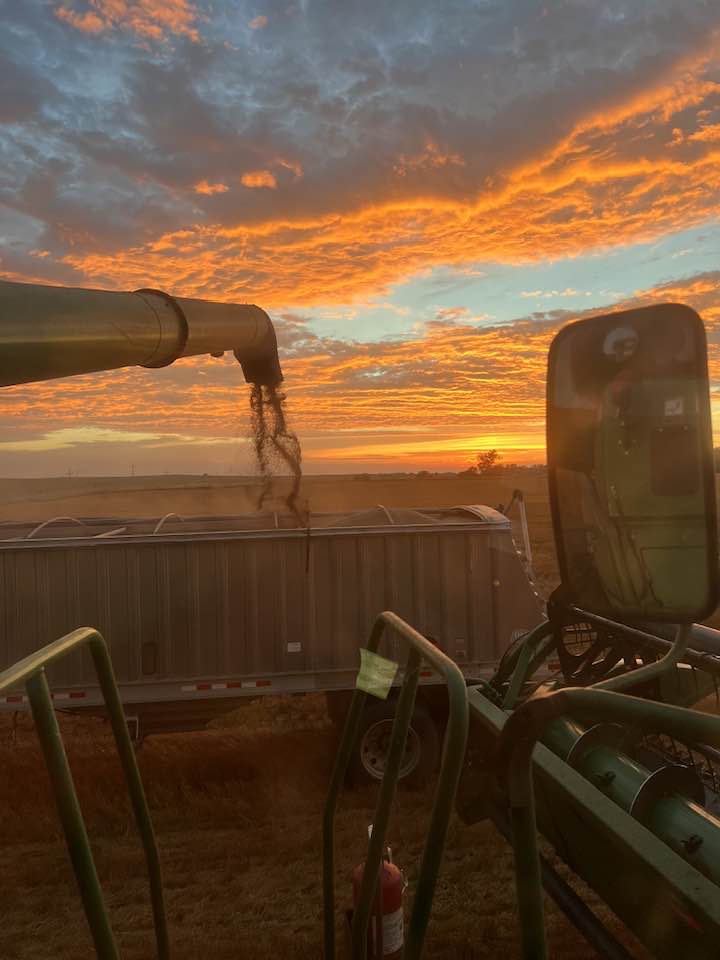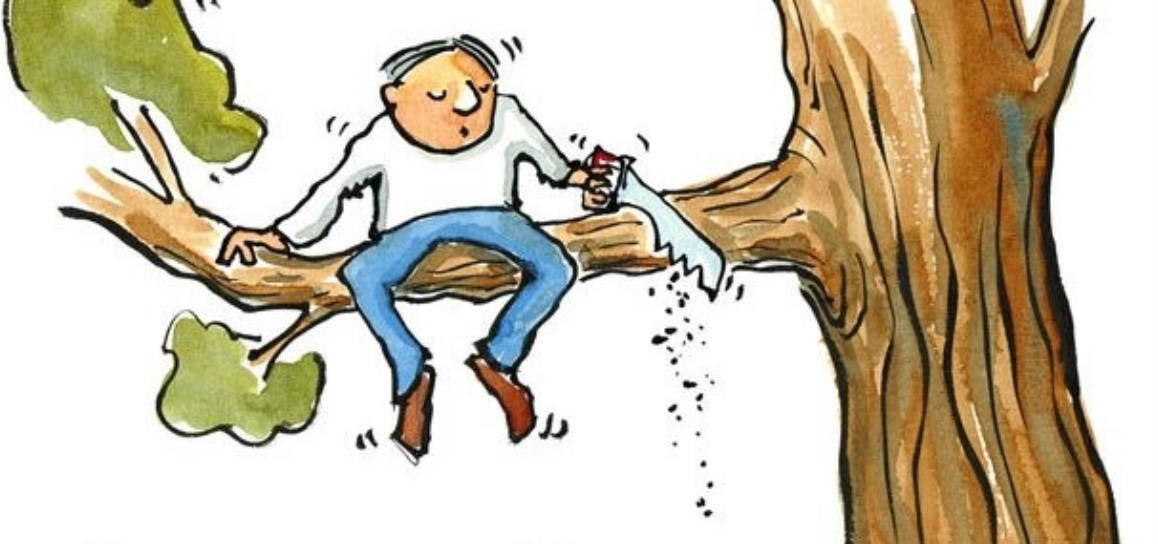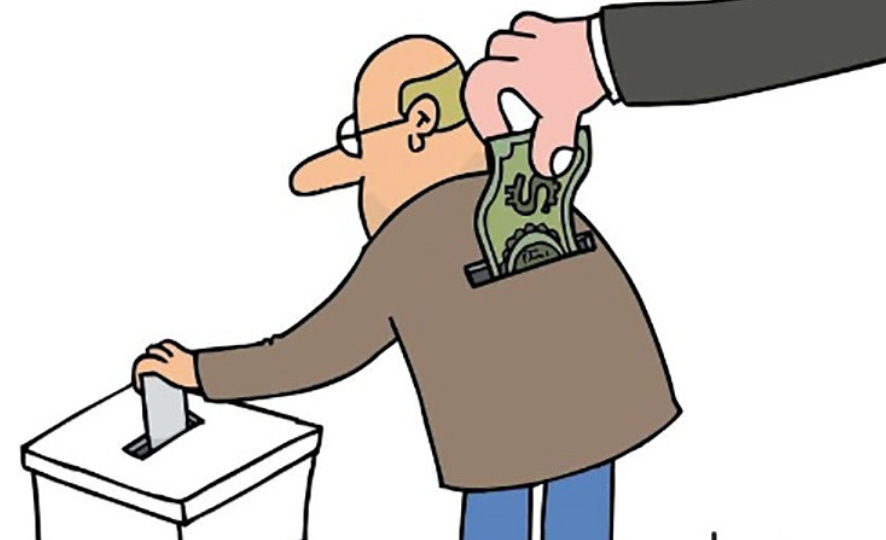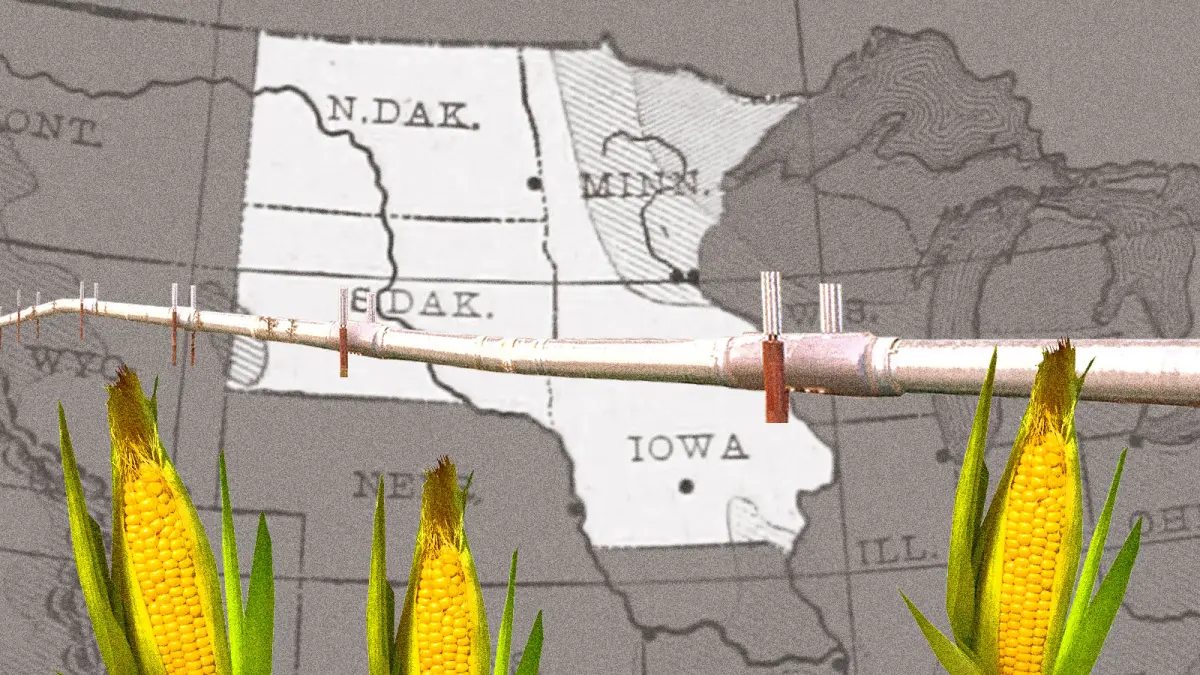Referred law 21 on your November ballot puts the decision to YOU of whether or not to allow Senate Bill 201 to become law. A Yes vote will enact the law. A No vote will kill it.
Dubbed “The landowner bill of rights” by its proponents, SB201 started out with two fatal assumptions:
1. That the Green New Deal carbon capture credit score system was not, in fact a fraud, and
2. That carbon sequestration pipelines coming through South Dakota was inevitable.
CARBON CREDIT SCORE FRAUD: Carbon dioxide, the fundamental plant food that makes all life on Earth possible, is not a poison in the infinitely small amounts found in the atmosphere relative to other gases like Oxygen. The drive to demonize it, score it, tax it and turn it into a government program lies with nefarious globalists who would use the scheme to control every aspect of our lives. It would be incredibly shortsighted to tie the future of South Dakota’s #1 industry to a farmer’s “carbon score” set by others who do not share our values. Companies such as GEVO, seeking to build a “sustainable” jet fuel plant near Lake Preston, have stated that one of their main profit centers is technology that would allow (or mandate?) “field level carbon tracking” of individual farmers’ practices. Imagine that. Sold initially with carrots in the form of subsidies, leading eventually to a stick when it becomes a big government mandate. Imagine wanting to allow Klaus Schwab and Bill Gates to craft the formula used to determine where, when and what we plant, or how many head of cattle we graze. That’s the future if we embrace carbon scoring for our #1 industry. We must resist.
THE “INEVITABILITY” OF CARBON CAPTURE. The “landowner bill of rights” (mocked by those who know landowners already have a preceding and much better real Bill of Rights found in the 5th Amendment), was essentially sold as a measure necessary to save the farmers since carbon sequestration pipelines using eminent domain were coming anyway so better try to use the government to mandate a better deal. In addition, proponents cited a patchwork of regulations in each county that needed to be reordered by running all approvals and safety measures through one central agency: The South Dakota Public Utilities Commission. Commensurate with these efforts, and obviously related, was a bill that would have removed nominations for PUC candidates from the state party conventions (infested with pesky conservatives) and put it to a statewide primary where monied interests stand a better shot of directing the outcome. Opponents on the other hand have argued from the beginning of this controversy that sequestered carbon dioxide, in addition to being dangerous and deadly in the event of an accident, was not a “commodity” under South Dakota law and thus not entitled to be deemed a “public use” entitling its private backers to use eminent domain to force their way across the state. Those are legal definitions that have been developed over time via a combination of statutes and case law. Last month the South Dakota Supreme Court agreed, dealing a major blow to the scheme by stating that carbon sequestration backers had not met their burden of proving this gunk was a commodity. In sum, carbon capture was found to be far from inevitable, the “landowner bill of rights” was still inferior to the real Bill of Rights, and landowners’ right to negotiate freely paired with local governments’ right to enact appropriate safety ordinances was upheld.
YOUR CHOICE
Landowners have risen up in numbers never really seen before to reject both #1 and #2 above. Common sense South Dakotans have made their voices heard: The green new deal is not a long-term good for South Dakota agriculture and carbon capture corporations do not meet the definition of public use for their byproduct entitling them to use eminent domain to go across your land.
Let’s ensure that future farmers can see the sunrise of freedom rather than the sunset of tyranny. If you agree that the future of South Dakota’s #1 industry should remain free from the entangling web of out of state globalists’ decisions on carbon scoring, and if you agree that the drastic decision to invoke eminent domain should be reserved for truly public uses like water pipes or electric lines, PLEASE JOIN ME IN VOTING NO ON RL21.
